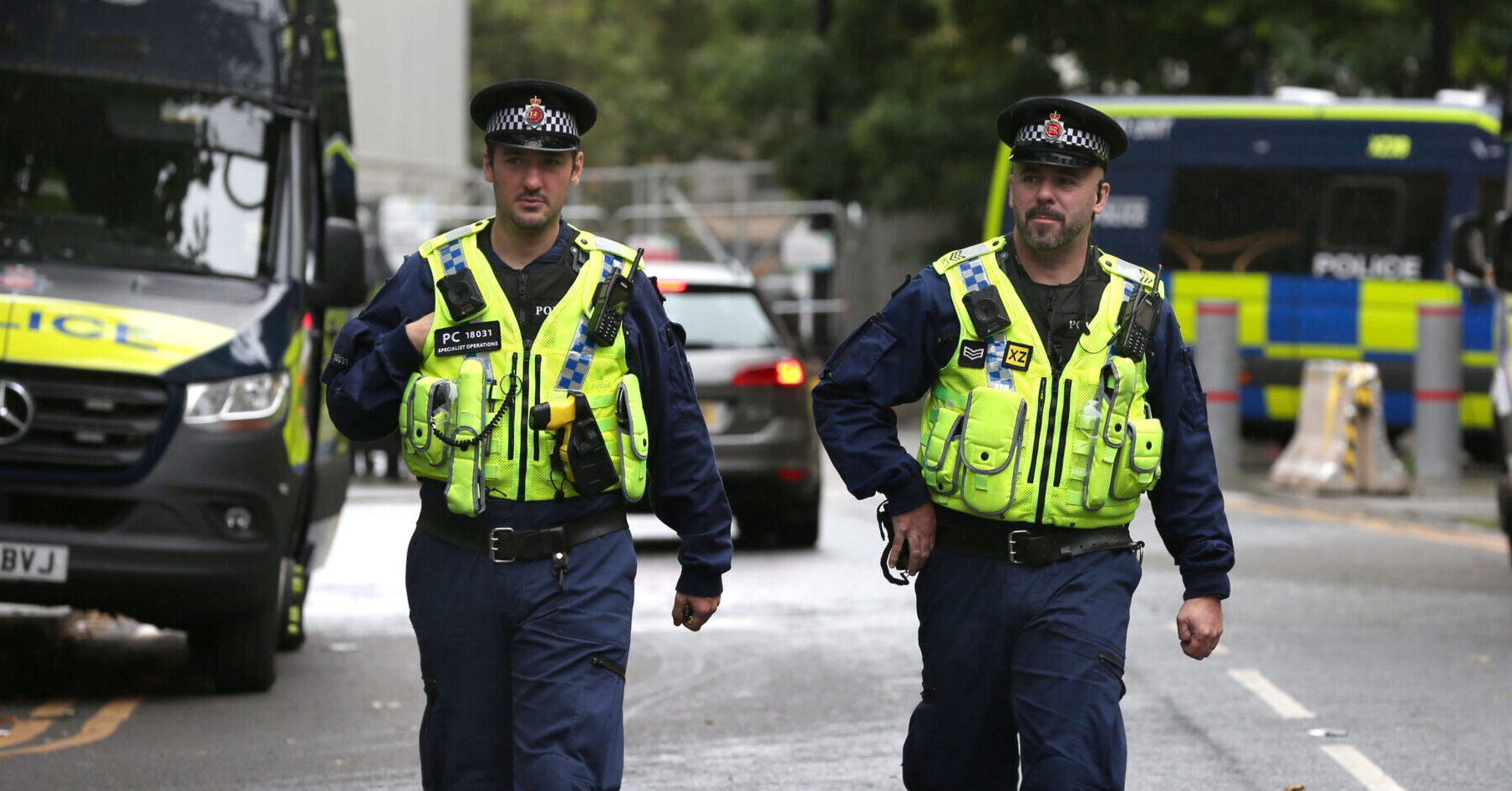This week, the Government is expected to unveil its new definition of extremism. Speaking to the Sunday Telegraph, Communities Secretary Michael Gove promised “more specificity on the ideologies, behaviour and groups of concern to support vital counter-radicalisation work”. He rejected suggestions that gender-critical feminists and devout Christians, Muslims, and Jews would fall foul of the new definition.
It is certainly time to replace the existing Prevent definition of extremism as “vocal or active opposition to fundamental British values, including the rule of law, individual liberty and mutual respect and tolerance of different faiths and beliefs”. As Conservative MP Miriam Cates tweeted, “What does it even mean to ‘undermine British values’ when there is no consensus – and certainly no legal definition – of what those values are?” But will the revised definition fare any better?
Definitions are like fishing nets. As with fishing nets, there is always the risk that they will catch what they were not intended to catch or not catch what they were intended to catch. To avoid definitional overreach, it is important to be clear who or what a definition of extremism is supposed to net. In a recent statement on extremism, Prime Minister Rishi Sunak rightly highlighted the behavioural component of extremism. Extremists, he seemed to suggest, are people who rely on violence, threats, or intimidation to advance their political agenda.
One of the attractions of this approach is that it focuses on what people do, not on what they believe. Whatever one’s political agenda, an individual will count as an extremist if they use violence, threats, or intimidation to advance it. A person who uses such extreme methods to undermine democracy is an extremist, but so too is a person who uses the same methods to advance a more palatable political agenda.
In the Sunday Telegraph interview, Gove tries to make a distinction between a person’s religion and their political ideology. “It’s only extremism if you translate this into a political ideology that is anti-democratic,” he notes. But the belief that Sharia law should be introduced in the UK is both religious and ideological; so-called Islamists have this belief, but so do many mainstream Muslims who wouldn’t dream of resorting to violence to change British law.
It therefore won’t be sufficient to say that Muslims who believe that democracy is un-Islamic aren’t extremists because their belief is a question of religion rather than political ideology. And if private beliefs are to be “cherished”, as Gove claims, what about the private beliefs of sceptics about democracy? Such sceptics include academics who write books with titles such as Against Democracy and argue for alternative systems of government. Are they extremists too?
These potentially embarrassing questions for the new definition can be sidestepped by adopting a non-ideological definition of extremism. The point is not that extremism isn’t partly a matter of ideology, but that ideological extremism is not what governments should be trying to police. As Ayaan Hirsi Ali has argued, the difference between a mainstream Muslim and an Islamist is not primarily ideological. It is their willingness to resort to violence to impose their political beliefs on others.
If behaviour rather than ideology is the key to extremism, then the challenge is to be more specific about the kinds of behaviour that are “extremist”. One example of intimidation might be protests at the home addresses of MPs. A recent Home Office policing protocol rules that such protests “should generally be considered intimidatory”, and it is hard to argue with this. In the climate of fear created by the relatively recent murder of two MPs, demonstrating outside a politician’s home is highly intimidatory and should be banned, despite protestations to the contrary from groups such as Amnesty International.
For practical purposes, groups that resort to political intimidation or threaten minorities are made up of extremists and should not be funded by the Government or other public bodies. The new definition of extremism should be applauded if it has this consequence, but care needs to be taken that the definitional fishing net doesn’t catch too many of the wrong fish, as well as the right ones.











Join the discussion
Join like minded readers that support our journalism by becoming a paid subscriber
To join the discussion in the comments, become a paid subscriber.
Join like minded readers that support our journalism, read unlimited articles and enjoy other subscriber-only benefits.
Subscribe